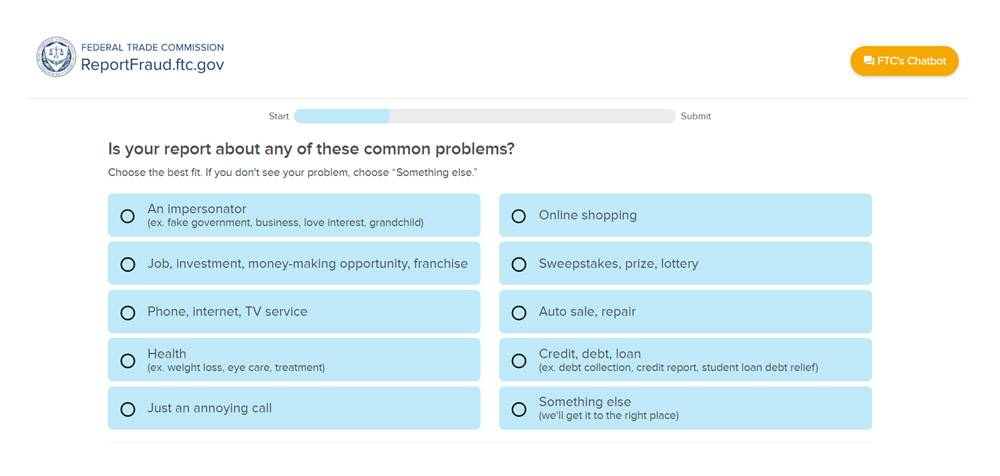Google Voice can be used for both personal and professional or business reasons. In short, Google Voice is smart voice calling on your devices — iOS or Android, or even the web. Google Voice enables you to text, call, and customize your communication on all your devices. However, you need to have an existing number (mobile or landline to qualify for the service) as Google is going to send an automated message or call you at the alternative number given to verify your identity. You will eventually be directed to pages that will prompt you to enter your number and then the G-code they send for verification at the time of signing in. Upon entering the code, the Voice service gets activated on your phone or device.
By default, Google Voice rings all of your phones, saves your voicemail online, and transcribes your voicemail to text. Other features include — listening to messages when they are being left, blocking unwanted callers, or even deleting calls, personalizing voicemail greetings, and protecting you from spam callers and messages. It even makes cheap international calls. You press the phone icon and Google Voice makes and receives calls.
What is the Google Voice Verification Scam

Smart living may be a way of life for most of us but for those among us who are new and slow to warm up to this revolutionary technology (the tech terms and usages are nothing more than mumbo-jumbo to them), things could get a little risky if they are not prudent in their dealings with strangers. The Federal Trade Commission (the FTC) has repeatedly warned users against Google Voice verification scams. Many have found themselves at the receiving end and are bearing the brunt of behaving unthinkingly at the time of the scam. You must be alert to the red flags we mention in the following paragraph to protect yourself from the serious consequences of such fraudulent activities.
The motive behind such scams is to steal your personal data and information and use them against you. The ones that scammers target the most over Google Voice verification scams are those who are eager to sell things and post sale-ads on Craigslist and Facebook Marketplace. Vulnerable people on the lookout for information about things or objects they have lost are also soft targets. These scammers contact their targets by giving misleading information. However, be watchful towards any hesitation during the negotiation process.
Tricksters will begin by feigning insecurity over fake online listings and propose that you verify that you are a real person with the true intention to sell your items. Beware when they send you a Google Voice Verification code and ask you for that code. If you fall into their trap and do as desired, they will immediately use it to create a Google Voice number which will be linked to your phone number. You are never meant to share any code with anyone at all. Never give in to urgencies, and take time to ask questions and think things through before acting. Double-check their details and make logical deductions from what they say or claim to be. Remember, no reputable person or agency will make spot demands, or ask for code details.
However, if the blunder is done and once they have access to the code, they will be duping other people and ripping off their accounts impersonating you. Their own identities will forever remain concealed whilst you will be spending your entire lifetime clearing your name from infamy, running the legal corridors, spending a bomb, and appealing for judicial intervention. If these imposters are successful in pulling more of your information, they will access your accounts, impersonate you, and create more in your name and details.
What to Do if You Fall Victim
If you suspect to have been scammed by unscrupulous individuals, report it at ReportFraud.ftc.gov. Change your passwords on your financial and credit card accounts and smartphone apps, and keep your eyes peeled on your credit reports and account statements. A sudden reduction in balance should prompt you to report the action immediately to the concerned authorities. You can even reclaim your phone number by associating it with a new Google Voice number which will disable the number the scammer/s used in the first place. Furthermore, this is what you do.
1) Report to the FTC Without Delay

It is important to raise your concern and lodge a complaint about the fraud without delay with the Federal Trade Commission (FTC). Visit www.reportfraud.ftc.gov.The page contains a button showing Report Now, click on it as it directs you to another one where you need to choose the option that best describes the type of fraud that you wish to report. Alternatively, you can click on FTC’s chat box option; it is not live chat but it will still display a list of options from which you could select to describe your complaint.
The FTC page functions on a choose-mode from a drop-down of probable answers. You select the ones that best fit your situation to answer their queries formally and accurately. At each step, you will be encouraged to share as much information as you can to help in law enforcement investigations. Please refrain from concealing facts. Share some scammer details and who they pretended to be.
In the Comment Box, you are encouraged to share descriptive information about what happened, when (date and time), how you realized you were scammed, how it could affect you, and any details of the scammer that you can bring to light. Please be relevant in your description and let the matter not be more than 3500 characters in length. Fill in your details with your first and last name, street address, phone number, email id, zip code, occupation, age, etc. Please do not share any sensitive information on the site. Click on Submit to submit the web form.
2) Alert Authorities at Internet Crime Complaint Center

The Internet Fraud Complaint Center was primarily set up to fight against and deal with online extortion, identity theft, computer intrusions, intellectual property rights matters, and the like. The Internet Crime Complaint Center is a division of the FBI or Federal Bureau of Investigation. All law enforcement agencies are duty-bound to register fraud complaints and advise you on the next course of action/s you should take to stop further damage (financial and social). They will take corrective steps if the nature of the case falls within their scope, or will forward it to the concerned department from where you could expect legit help.
3) Prevent Identity Theft By Contacting ITRC

The Identity Theft Resource Center (ITRC) is a non-profit organization that has been set up to minimize risk of identity compromise. You can either visit www.idtheftcenter.org to first learn how they can help you or if you think time is not on your side, you can choose to call on 888-400-5530 to talk to an expert. Access the Contact Us page to fill in your details alongside the type of assistance you are expecting from them (for example, click on Victim Assistance). Before submitting, be as precise as you can with the scam details in the Comment section.
It is always better to be safe than sorry. The unfortunate truth is, scammers get away with most of their fraudulent activities without getting caught for the longest time, causing massive losses to their victims in the interim. Be vigilant, and never risk sharing personal information and codes for transactions with anyone. Remember the red flags we mentioned to look out for.

